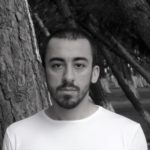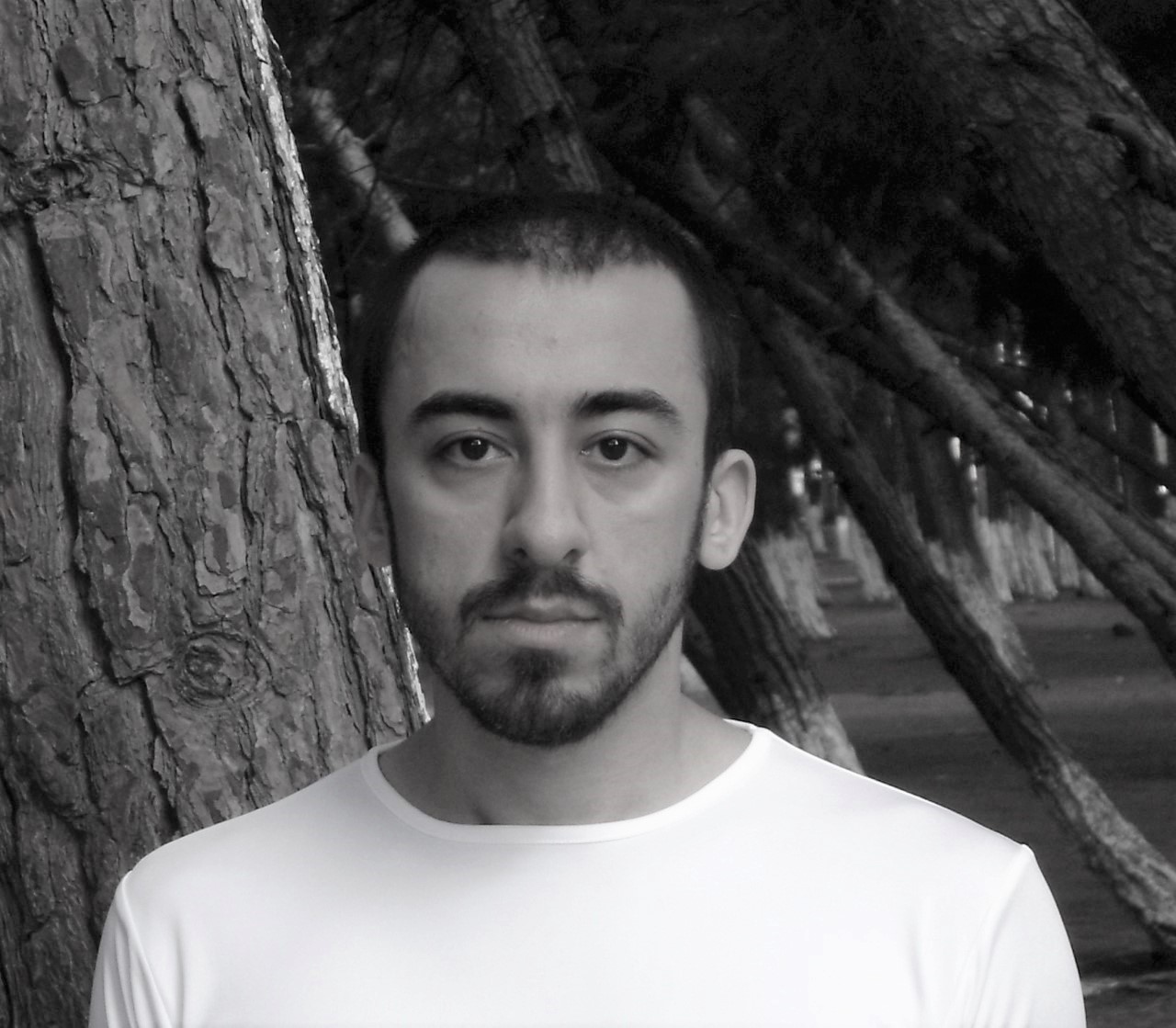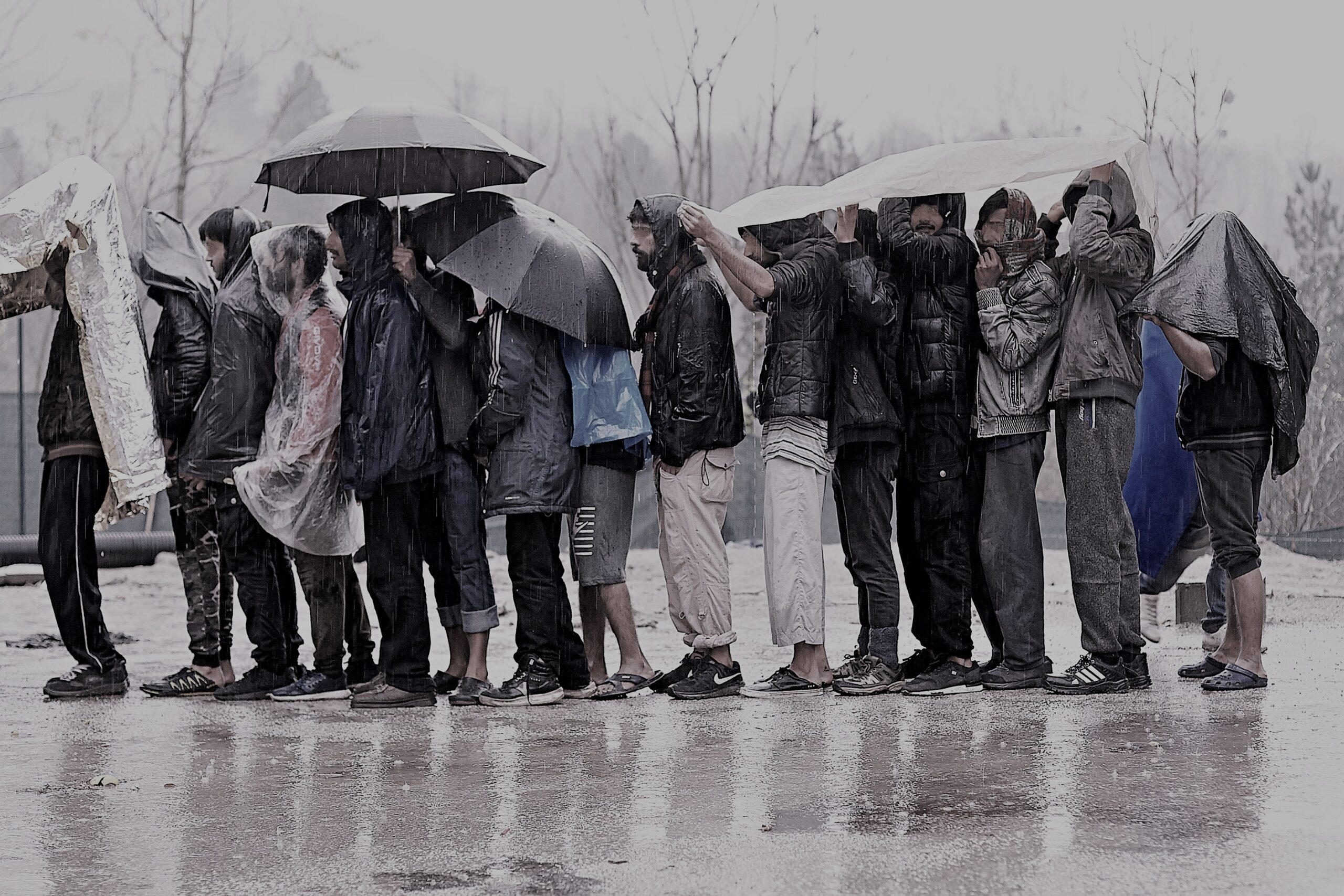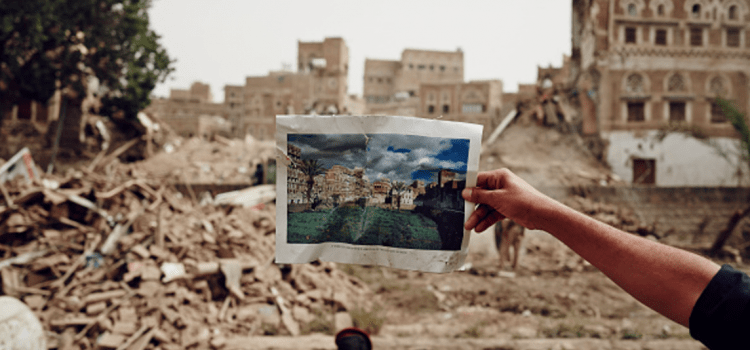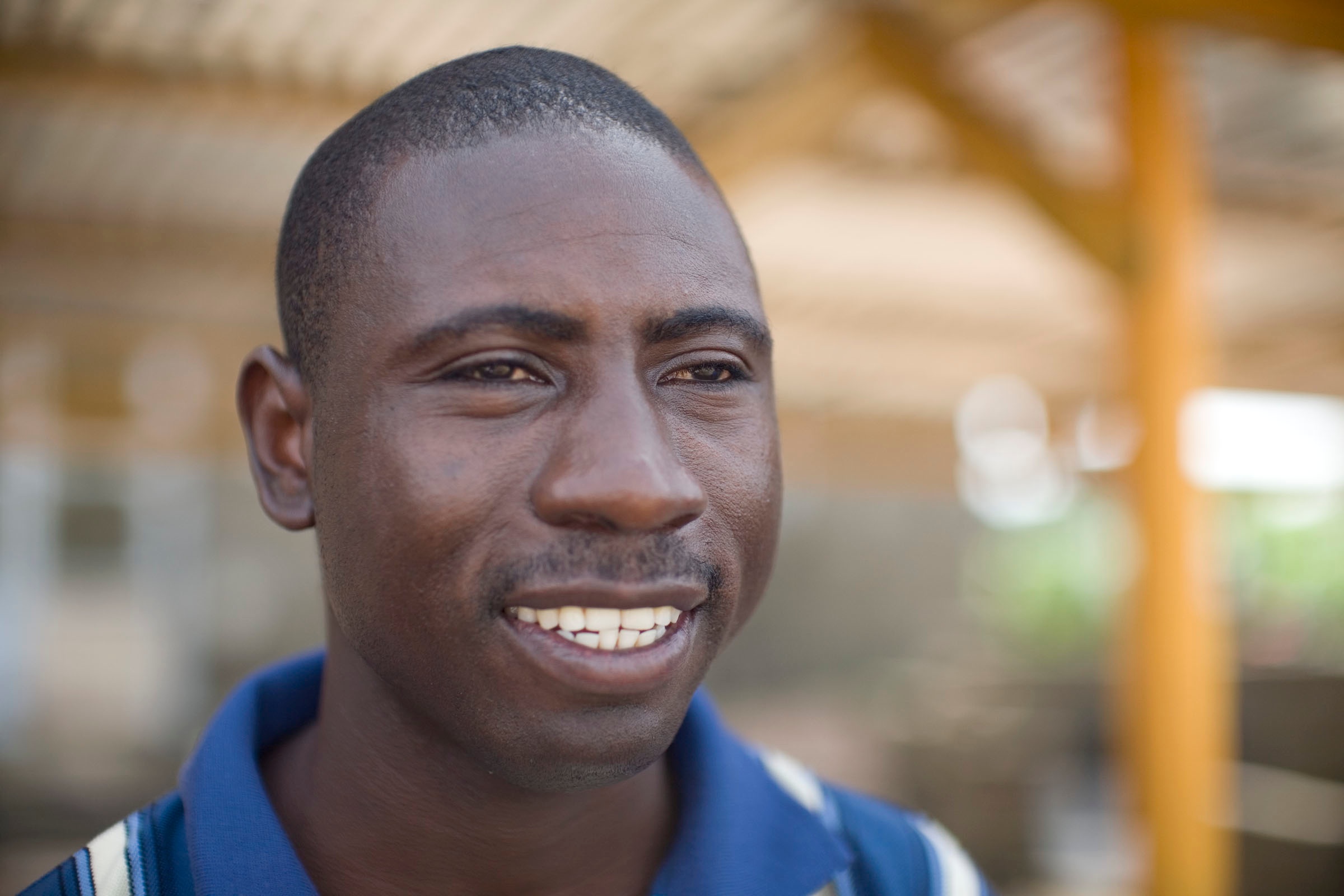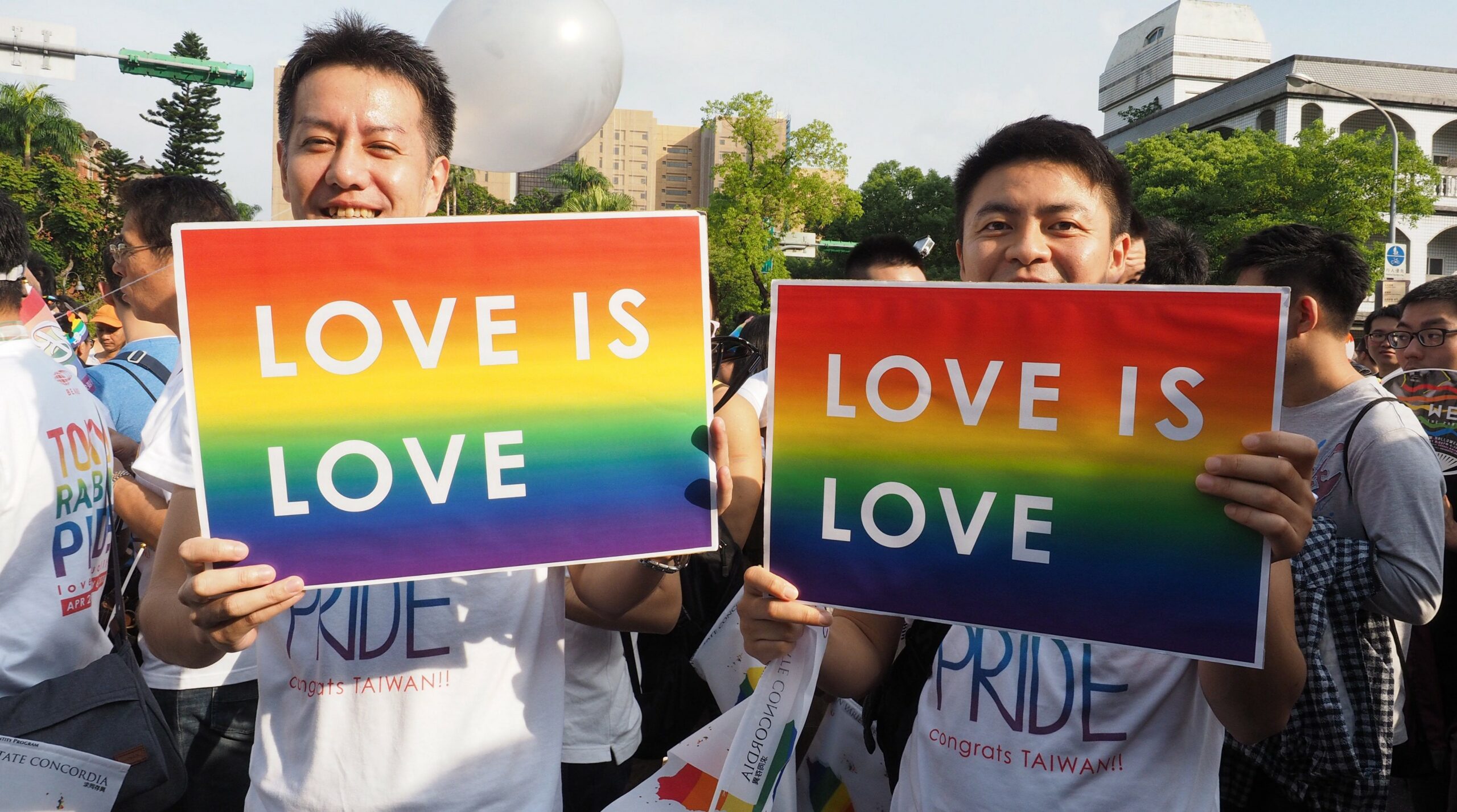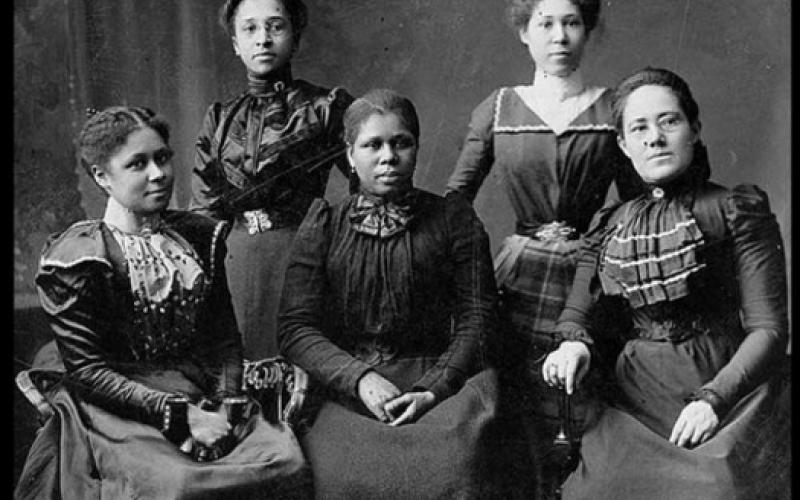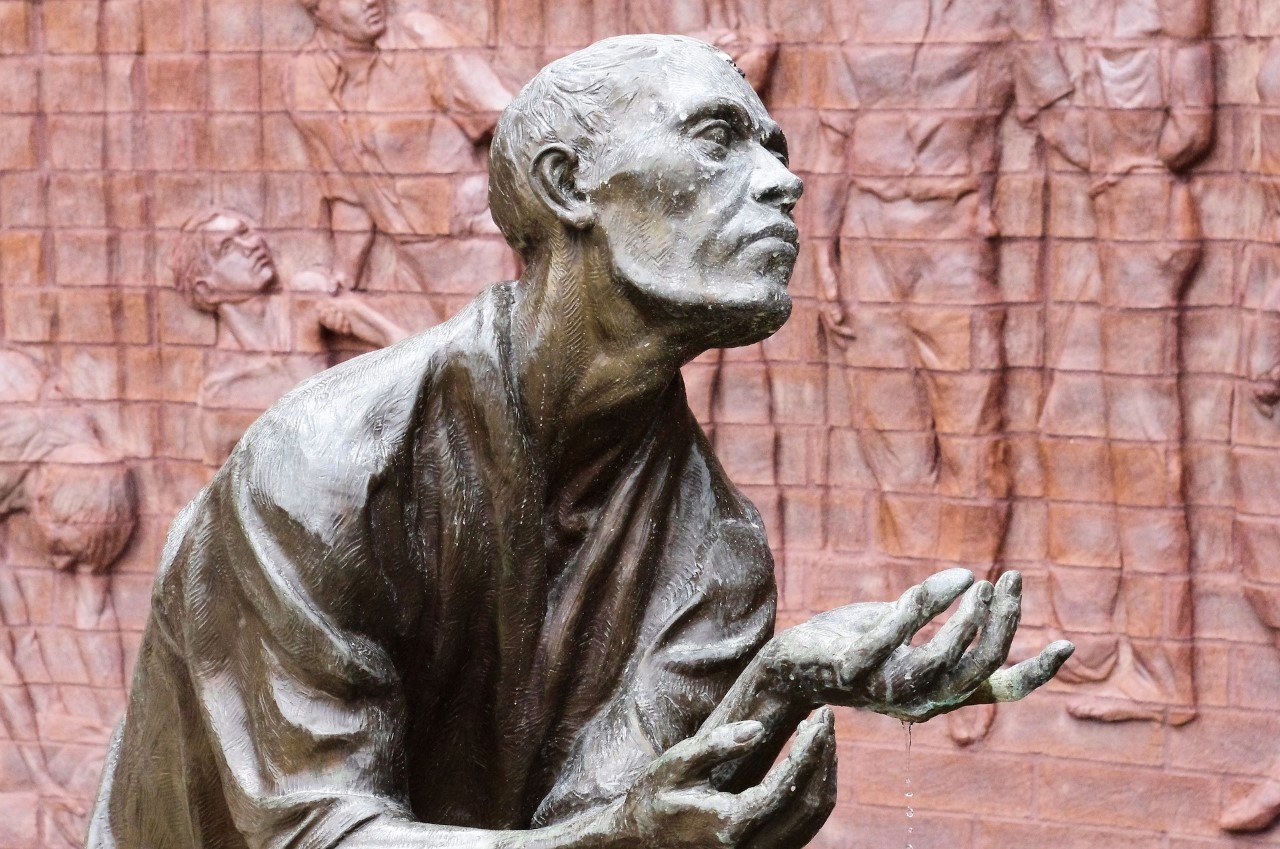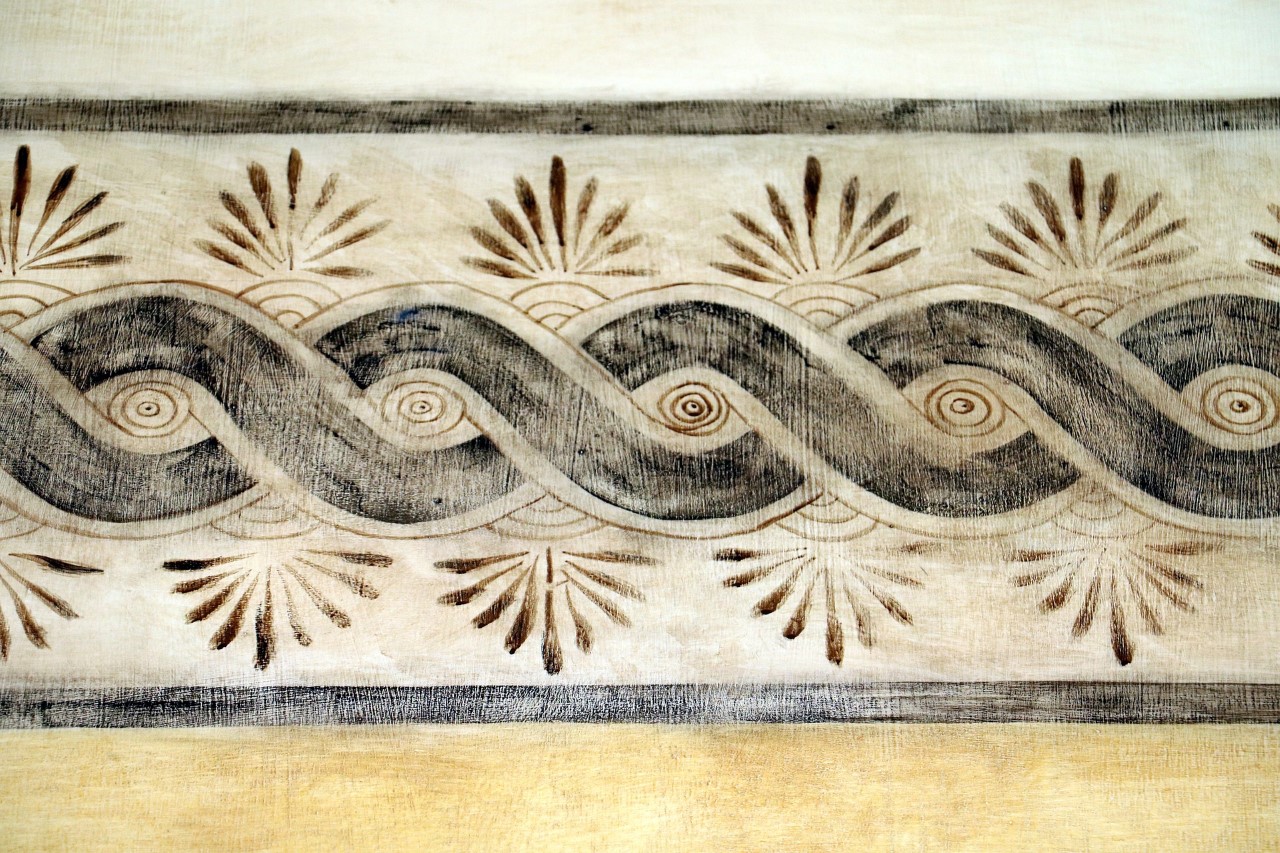
OLBIOS: According to Human Rights Watch, Turkey has been experiencing a deepening human rights crisis over the past years with a dramatic erosion of its rule of law and its democratic framework. According to reports, executive control and political influence over the judiciary in Turkey has led to bogus indictments in courts, convictions without compelling evidence of criminal activity of journalists, opposition politicians, activists and human rights defenders. Has this situation improved lately?
Βaris Bayram: In my view, the situation here is horrendous now, and in fact everything that matters in terms of human rights and justice has almost always worsened in Turkey since the AKP’s (The Justice and Development Party) coming to power (2003), mostly in the form of sociocultural realizations facilitating further problematic situations and structures more and more.
Various non-Islamist political groups too have strategically empowered Erdogan and his political party (AKP) through votes and comments interpreting their political moves and -hidden- agendas in supportive fashions in order to weaken the progressive secularists and hence Ataturk’s political part (CHP) until the damage and threats to democracy amount to such extreme consequences. So, as you mentioned, and as watched and clearly articulated especially by international organizations, journalists, political actors and experts finally over the past years, the human rights crisis, the erosion of the structures of justice and rule of law, political and social authoritarianism, regressive governance tools and even top-down Islamization in Turkey have been obvious.
Then the question is how the AKP has achieved such an invincible power despite its very obvious and predictable flaws in the sense of democratic principles. Turkish academic Murat Önderman explains this early “invisibility” or omission as a sort of unethical sociocultural patterns in Turkey, to which every political group is highly susceptible because the main characteristic of Turkish society has always been “paranoid”, in his book “Türkiye’de Paranoid Ethos” (Paranoid Ethos in Turkey, 2018), meaning that any individual in such groups does not have ethical autonomy enough and behaves in group-based ways stemming from authoritarian and, more fundamentally saying, paranoid mindsets.
As a result, such avoidable sociocultural patterns and thus paranoid thoughts have helped the AKP administration and Erdogan act gradually in line with their undemocratic approaches in every sphere of life to a feasible extent constantly emerging as more undemocratic possibilities. Their “us and them” mindsets allow themselves to rationalize and use “enemy’s enemy framings” and tribalism. I agree with Murat Önderman and want to add that such injustice dynamics dominate any social realm especially against independent minds and nonconformist intellectuals like me even in everyday interactions of the so-called “progressive secularists” in Turkey, very unfortunately.
O: We read in the media that Turkish authorities continue to block websites and order the removal of online content while thousands of people in the country face criminal investigations, prosecutions, and convictions for their social media posts. Can you tell us what is the reality on the ground?
B.B.: The world is watching, everyone knows about what is happening here, there are so many reliable high-quality reports. I appreciate the international organizations informing the world about these critical issues in Turkey. As you might guess, even this interview could be blocked and/or used against me by Turkish authorities. To summarize the current situation in relation to the violations of the human right to freedom of expression and information, we refer to the novel “1984” by George Orwell. We are about to live in a postmodern version of that dystopia, and already face many unbearable approximate events of such a dystopia and fear the likelihood of a major regressive transformation as in Iran (1979 Revolution). The movie “Persepolis” makes a lot of sense to our Generation Z.
O: Can we talk of the specific targeting of human rights defenders in Turkey through the cases of Osman Kavala and Yiğit Aksakoğlu? And what is the treatment reserved to women’s rights activists and LGBT rights groups?
B.B.: Yes, of course, it might be said that such a specific targeting has been employed more extremely in the recent years. The presence and even the rise of authoritarian populisms in other countries (including the 4 years of the Trump administration in the U.S.) too could be seen as enabling and reinforcing factors in such extreme cases.The treatment has the same problematic pattern, but its severity changes in accordance with such factors. So, I wouldn’t buy Erdogan’s claimed human rights reforms insofar as that change does not come from real self-criticisms not avoiding the related costs and from deliberate theoretical transformations relevant for the complexities of ethics and politics in Turkey.
O: You are defending, among others, secularism and gender equality. Is there a significant movement to support these in Turkey and significant achievements in that direction?
B.B.: Thank you very much for appreciating me. To me, the main problem in Turkey is the ethos and its sociocultural root causes, rather than the State, economic structure, ideology or regressive policies. Otherwise, the ruling AKP couldn’t have occurred for 18 years or at least as such. Therefore, after the AKP, insofar as “progressive secularists” do not correct their own main socialcultural patterns and mindsets really toward truth and justice considerations, injustices and unethicalities will continue and event religious politics and autocrats may prevail again and again.
There has been no significant movement in Turkey addressing such root causes, so I founded the EPE Movement in 2017. In favor of tribalism, status quo justification and social network authoritarianism, even most secularist and progressive activists, politicians, artists, intellectuals, academics, experts and NGOs in Turkey do socially exclude or punish, do not appreciate or reward, do unjustly discriminate against better intellectuals, authors, thinkers, leaders and movements having better expertise and capabilities and generating better ideas,work, articles in terms of ethics, intellectuality, originality, social utility, academic value, political and other sorts of merits insofar as such better ones are disadvantaged, powerless, low-status (due to the unjust status quo) and independent.
I mean that almost no individual or organization in Turkey does promote and have high-quality intellectual autonomy and ethical principles or values e.g. the Enlightenment, the West, secularism, gender equality, humanism, laicism, human rights, science, philosophy, justice, economic equality, merits and so on. Instead, the level of hypocrisy too is very high on such significant directions. Consequently, the problematic ethos inevitably reproduces itself here. The EPE movement and I have published tens of articles (both in English and Turkish) communicating our original theories, arguments and perspectives to challenge, correct, improve any sort of problematic, unjust status quo both in Turkey and the world.
Also, beside our articles and academic papers, we have globally impacted ethical, social, academic, intellectual, political discourse so much through thousands of Tweets providing our original ideas and innovations. To date, despite the mentioned unjust hardships, our such minor achievements have developed a global network and spread a new ethical mindset (Ethical Possibility Enhancement) more and more, hence we are optimistic about the future.

